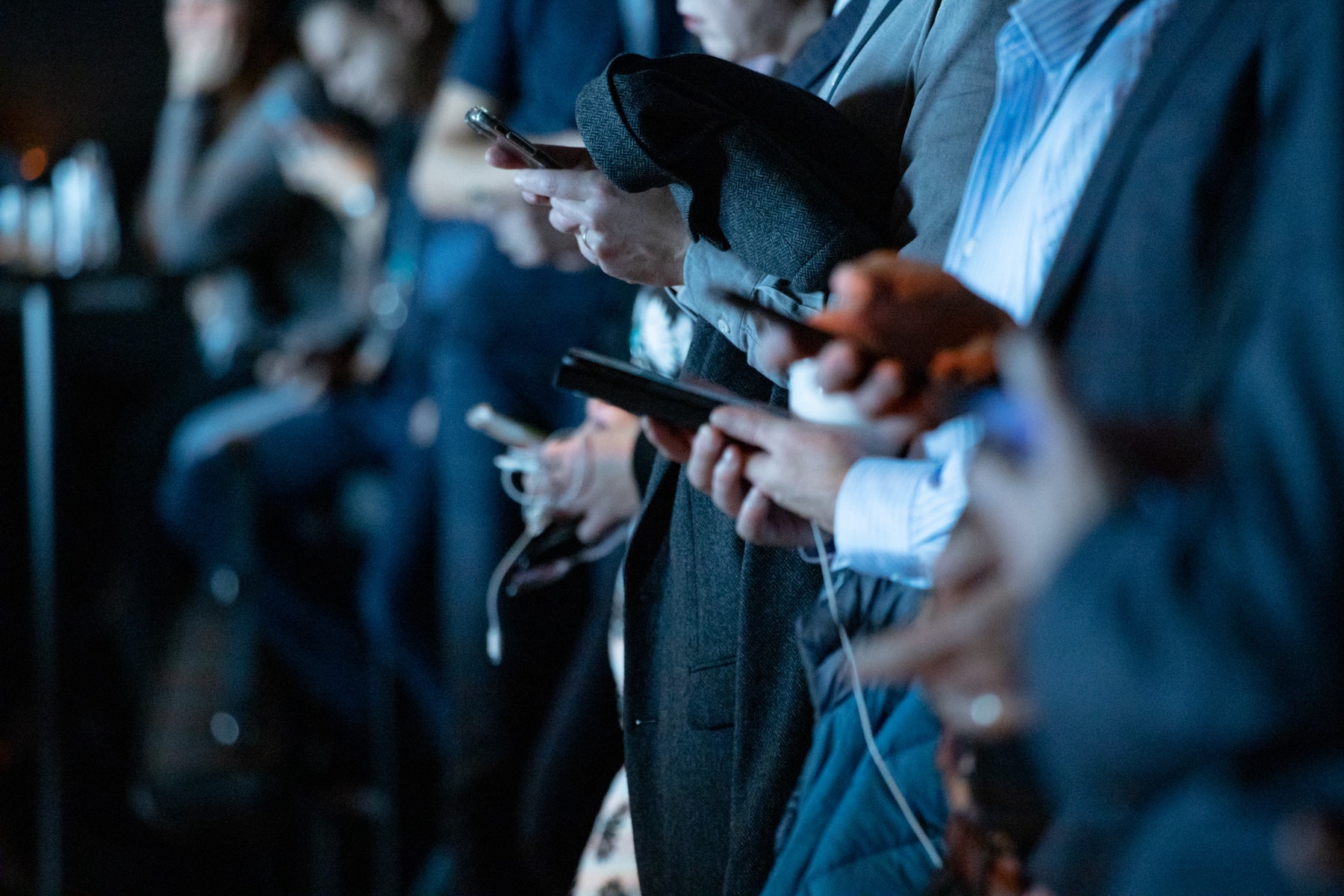Social Media Therapy: How to Develop a Healthy Relationship With Social Media
Social media use can be harmful to anyone, from young children and young adults to older adults. Research shows that social media activates the brain’s reward system by releasing dopamine, a “feel-good” chemical linked to pleasure. Popular social media sites like Facebook, Instagram, and Twitter are designed to be addictive, and they’re often associated with anxiety, depression, and other mental health issues.
The mental health impact of social media is two-fold: What you see and what can take a significant toll on your mental health. On top of that, it’s much easier to be hurtful to other people and say things that you wouldn’t likely say face to face. If you’re at a time or place in your life when your emotions are more volatile than you’re used to, or if you’ve been diagnosed with a mental illness, social media can feel much worse.
If you’re struggling to combat your social media addiction or curb your social media use, you’re not alone. According to the Pew Research Center, 69 percent of adults and 81 percent of adolescents in the U.S. use social media, leaving a large portion of the population at risk for mental health impacts. Here’s how to develop a healthier relationship with social media so you can live a more productive, fulfilling life.
Be intentional about your social media use.
We’ve all picked up our phones to check the weather or send a text and found ourselves mindlessly scrolling through Facebook an hour later. To engage with social media healthily, set intentions about your use of social media.
Be mindful about why you’re opening an app or logging into a social media site—and then make sure you close the app or sign off when you’re finished. Even social networking sites like LinkedIn can leave you scrolling for hours. At the end of the day, spending too much time on any social media site can leave you feeling drained and overwhelmed.
Remember, you only have to engage with social media platforms as much as you’d like. By using social media more mindfully, you can ensure you’re only using social media the way you want—to connect with friends or read your favorite blog—without letting social media take a toll on your mental health. If constant notifications leave you feeling stressed, it’s a good idea to turn off notifications or delete social media apps, so you only see notifications, friend requests, and updates when you sign into a social media account manually.
Use social media posts for inspiration, not comparison.
Seeing other people showcase their successes and picture-perfect moments might leave you feeling low, but it’s important to remember that social media isn’t usually representative of our true selves. In fact, the same influencers you’re comparing yourself to are probably struggling with a lot of the same things you are.
Instead of comparing yourself to other people, use social media content as inspiration to work toward your own goals. Social media can be a source of empowerment, giving you access to educational content, positive online interactions, and a motivating online community that shares the same goals as you.
To cultivate a healthier relationship with social media, create feeds that motivate and inspire you. If someone’s social media posts consistently make you feel bad about yourself, lead to FOMO, or contribute to low self-esteem, consider unfriending, unfollowing, or muting that person.
Put your mental health first.
Instead of scrolling through Instagram or watching Snapchat stories when you’re feeling down, prioritize other forms of self-care. Check-in with yourself, journal, hit the gym, or go for a walk outside. If you’re experiencing loneliness, call a family member or grab coffee with a friend instead of spending hours online.
If you need some extra support curbing your social media use, don’t hesitate to reach out for professional mental health treatment. Starting therapy can feel intimidating, but working with a therapist is a great way to hold yourself accountable for the amount of time you spend on social media platforms and start working toward your mental health goals. Social media therapy can help you overcome social media dependency, stop comparing yourself to others, and set healthy boundaries for using social media sites.
To find a social media therapist, reach out to a mental health provider through The Therapy Group of DC. Whether you’re interested in a digital detox or looking to gain more control of your social media use, we’re here to help you every step of the way. One of our compassionate, experienced mental health professionals can help you jumpstart your journey toward wellness by putting your mental health first.

